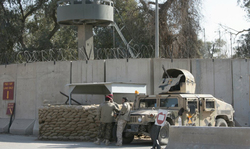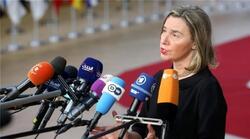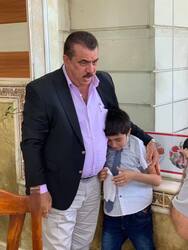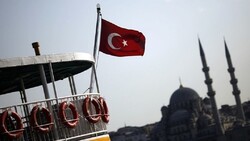Iraq rules out the decline in the spread of Corona in the summer
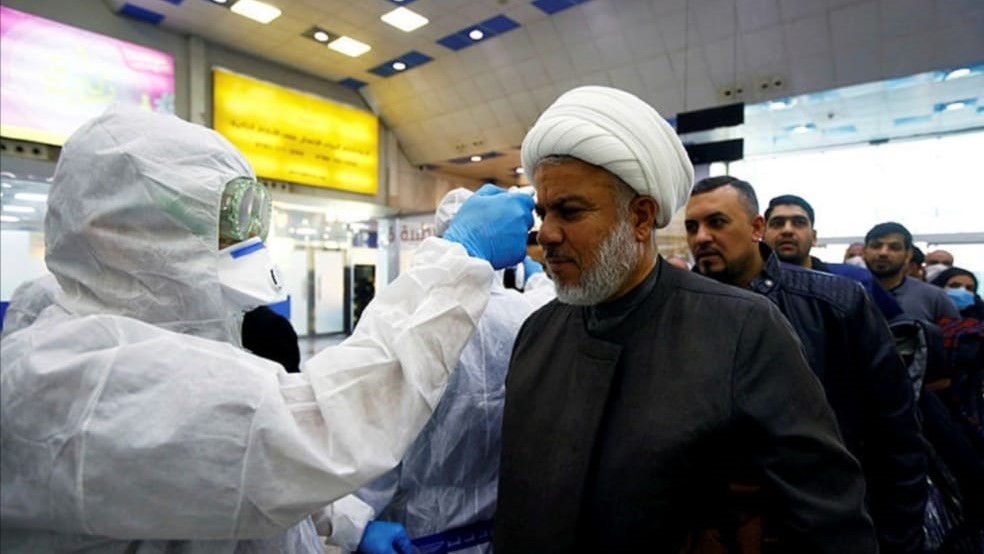
Shafaq News / The Iraqi Ministry of Health ruled out the decline in the spread of Corona virus with increasing temperatures, stressing that the Iraqi medical and nursing cadres are fighting a real war and an invisible enemy, while it expected the possibility of producing a vaccine or medicine for the virus, before June of this year.
The technical undersecretary of the Ministry of Health and Environment Jassem Al-Falahi said, in an interview with the official Iraqi News Agency that “the official Committee 55 for year 2020, is working without financial allocation by relying on the capabilities of the joint ministries in the committee, especially the Ministry of Health and Environment”, noting that the Committee is facing great financial difficulties, due to the failure to pass the general budget law for the current year, in addition to the major complications by the Ministry of Finance in providing financial allocation for the state of emergency.
He added, "We are facing an enemy in 18 Iraqi governorates, and it drains daily capabilities from sterilization procedures to dealing with isolation rooms and preparing crews to feed the quarantined people, so any suspect is quarantined for 14 days, which is the incubation period of the virus."
Al-Falahi stated that "Corona is part of the influenza system that appears during the seasons changing, but what distinguishes it greatly from the rest of the highly dangerous respiratory viruses and eastern Mediterranean viruses, is that his genetic map is not known until this moment because it is not fixed", pointing out that " the drug or vaccine can be produced depends on the stability of the genetic formula of the virus, and here where the scientific challenge lies.
He added that " we are building our procedures on the worst case scenario because it is a renewable virus and adapts itself to different circumstances, but based on scientific data and international centers that I communicate with, I expect the possibility of producing a vaccine or medicine for the virus, before June of this year."
Al-Falahi ruled out the validity of what is being circulated that the spread of the virus will decrease in increasing temperatures, indicating that this virus is renewable and is likely to develop its tools to meet climatic conditions. We are responsible for anticipating the worst.
